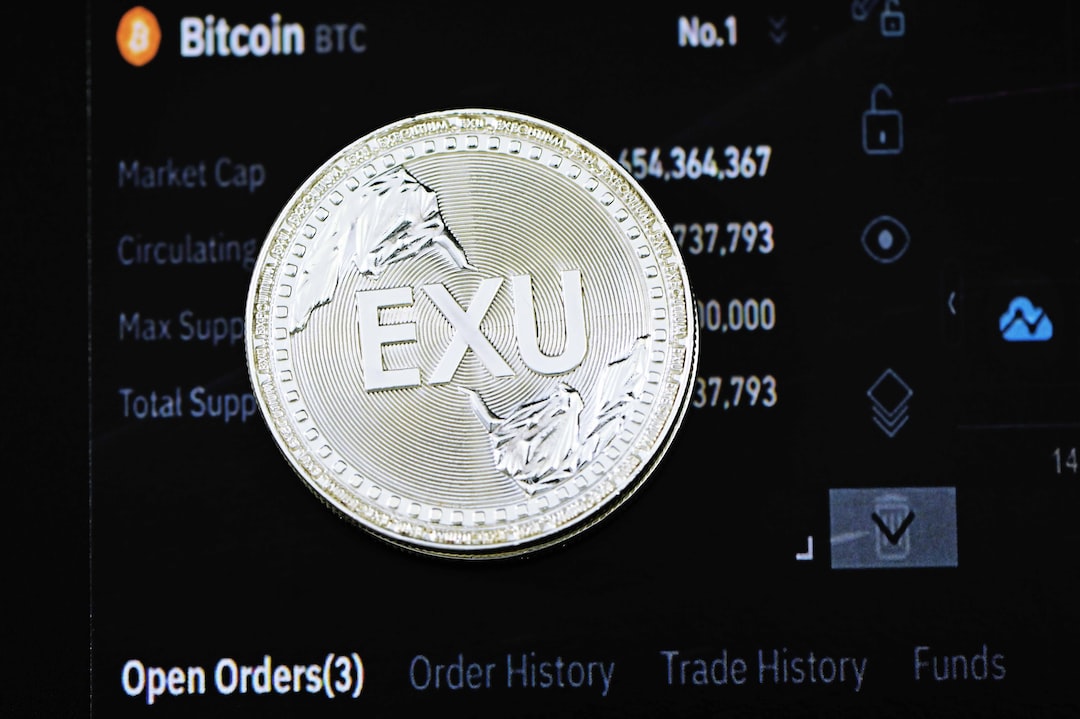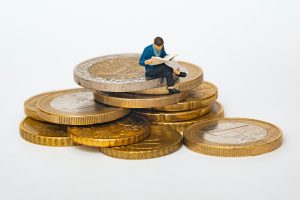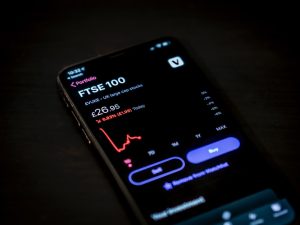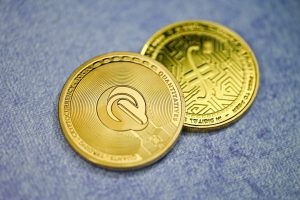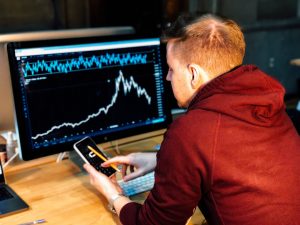Forex trading is a complex and dynamic financial market that is constantly changing. As a beginner, it can be overwhelming to understand the various terms and concepts associated with forex trading. One such concept is the difference between buy and sell forex. In this article, we will explore what buy and sell forex mean and how they differ.
Buy Forex
When you buy forex, you are essentially buying a currency pair. A currency pair is the exchange rate between two currencies. For example, if you are buying the EUR/USD currency pair, you are buying euros and selling U.S. dollars. The reason for buying a currency pair is to profit from the difference in exchange rates between the two currencies.
To understand how buying forex works, let’s take the example of the EUR/USD currency pair. Assume the current exchange rate is 1.1700, which means one euro is equal to 1.1700 U.S. dollars. If you believe that the euro will appreciate against the U.S. dollar, you can buy the EUR/USD currency pair. If the exchange rate goes up to 1.1800, you can sell the currency pair and make a profit of 100 pips (percentage in points).
Sell Forex
When you sell forex, you are essentially selling a currency pair. Using the same example as above, if you believe that the U.S. dollar will appreciate against the euro, you can sell the EUR/USD currency pair. If the exchange rate goes down to 1.1600, you can buy the currency pair and make a profit of 100 pips.
The main difference between buying and selling forex is the direction of your trade. When you buy forex, you are hoping that the exchange rate will go up, and when you sell forex, you are hoping that the exchange rate will go down.
Factors that Affect Buy and Sell Forex
Several factors affect the exchange rate of a currency pair, which in turn affects the buy and sell forex prices. Some of these factors include:
1. Economic indicators – Economic indicators such as gross domestic product (GDP), inflation, and employment figures can affect the exchange rate of a currency pair.
2. Central bank policies – Central banks play a significant role in the forex market by setting interest rates and monetary policies. The decisions of central banks can affect the exchange rate of a currency pair.
3. Political events – Political events such as elections, trade agreements, and geopolitical tensions can affect the exchange rate of a currency pair.
4. Market sentiment – Market sentiment refers to the overall attitude of traders towards a particular currency pair. If traders are bullish (optimistic) on a currency pair, the exchange rate will likely rise, and if traders are bearish (pessimistic), the exchange rate will likely fall.
Conclusion
In conclusion, the difference between buy and sell forex is the direction of your trade. When you buy forex, you are hoping that the exchange rate will go up, and when you sell forex, you are hoping that the exchange rate will go down. Several factors affect the exchange rate of a currency pair, including economic indicators, central bank policies, political events, and market sentiment. As a forex trader, it is crucial to understand these factors and how they impact the forex market.

